Spin Structure Of The Proton, The
One of the main challenges in nuclear and particle physics in the last 20 years has been to understand how the proton's spin is built up from its quark and gluon constituents. Quark models generally predict that about 60% of the proton's spin should be carried by the spin of the quarks inside, whereas high energy scattering experiments have shown that the quark spin contribution is small — only about 30%. This result has been the underlying motivation for about 1000 theoretical papers and a global program of dedicated spin experiments at BNL, CERN, DESY and Jefferson Laboratory to map the individual quark and gluon angular momentum contributions to the proton's spin, which are now yielding exciting results. This book gives an overview of the present status of the field: what is new in the data and what can be expected in the next few years. The emphasis is on the main physical ideas and the interpretation of spin data. The interface between QCD spin physics and the famous axial U(1) problem of QCD (eta and etaprime meson physics) is also highlighted.
{{comment.content}}
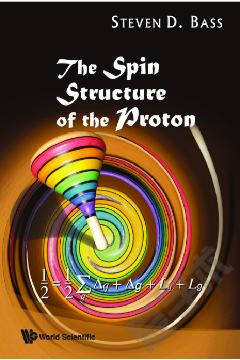
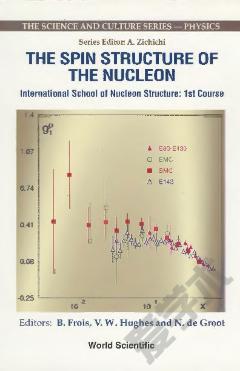
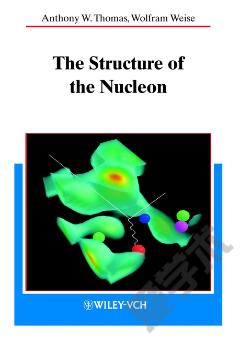
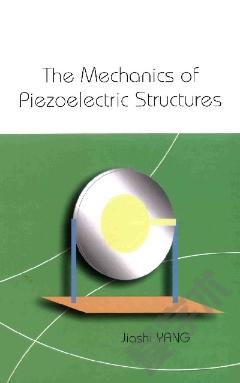
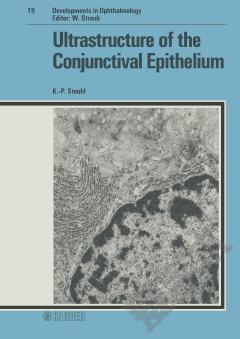
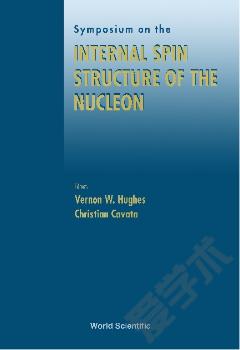


 京公网安备 11010802027623号
京公网安备 11010802027623号